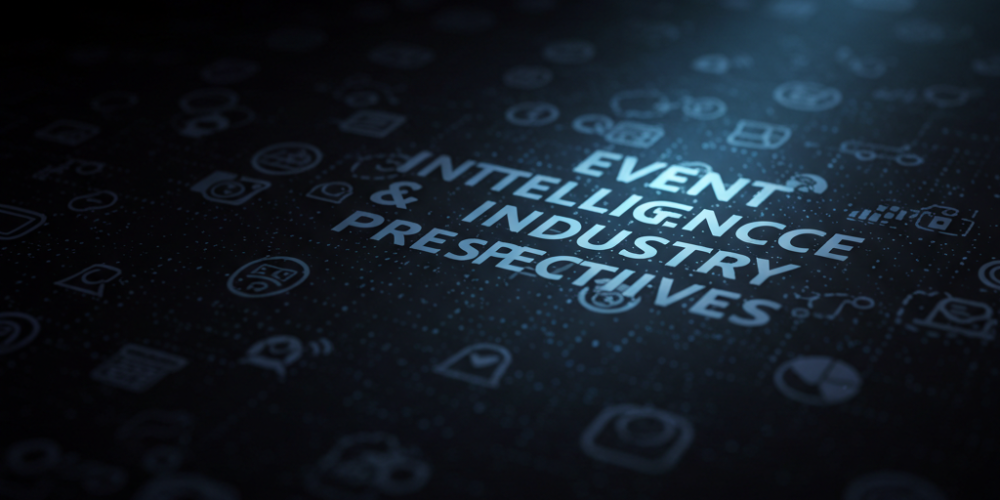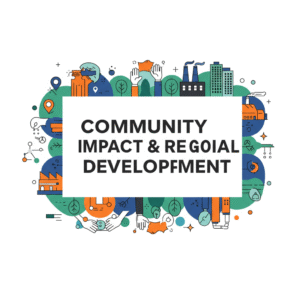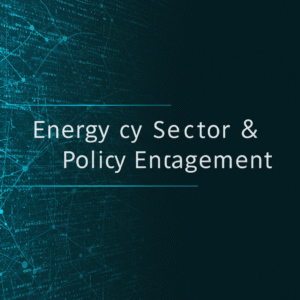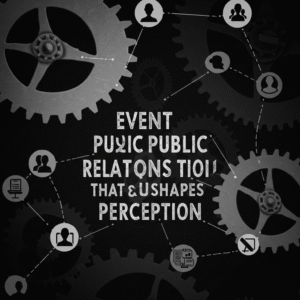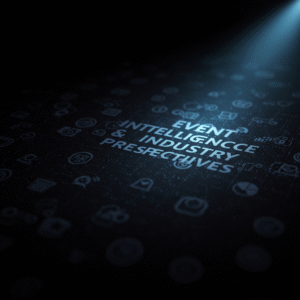The world of events is dynamic, a vibrant tapestry woven with human connection, shared experiences, and strategic objectives. But in today’s rapidly evolving landscape, intuition and traditional planning are no longer enough. Enter Event Intelligence (EI), a powerful force transforming how we conceive, execute, and evaluate events. It’s about harnessing the vast amounts of data generated before, during, and after an event to gain actionable insights, optimize performance, and ultimately, deliver more impactful experiences.
This isn’t just about collecting numbers; it’s about understanding the story the data tells. Event Intelligence leverages various tools and techniques, including data analytics, artificial intelligence (AI), and machine learning (ML), to extract meaningful patterns and predictions. Imagine being able to:
- Understand Attendee Behavior: Knowing which sessions were most popular, how attendees interacted with exhibitors, and what their networking patterns looked like. This allows for personalized follow-ups and the creation of more engaging content in the future.
- Optimize Logistics and Operations: Predicting peak traffic times, managing staffing levels effectively, and streamlining registration processes based on historical data and real-time information. This leads to smoother, more efficient events and happier attendees.
- Measure ROI and Impact: Quantifying the tangible benefits of an event, from lead generation and sales to brand awareness and knowledge transfer. This provides crucial data for justifying event budgets and demonstrating their strategic value.
- Personalize the Attendee Journey: Tailoring content recommendations, networking opportunities, and even on-site experiences based on individual attendee profiles and preferences. This fosters a sense of belonging and increases engagement.
- Identify Future Trends: Analyzing past event data and external market signals to anticipate emerging trends and adapt event strategies proactively. This keeps events relevant and ahead of the curve.
Industry Perspectives: A Paradigm Shift
The integration of Event Intelligence is not just a technological upgrade; it’s driving a fundamental shift in industry perspectives. We’re moving away from a purely logistical approach to a more strategic and data-driven one. Here’s how different stakeholders are viewing this evolution:
- Event Planners: For planners, EI empowers them to move beyond reactive problem-solving to proactive optimization. They can make informed decisions based on evidence rather than guesswork, leading to more successful and impactful events. Imagine a planner using data to identify a session that consistently receives low attendance and then pivoting to a more engaging format or topic for the next event.
- Marketers: Marketers see events as crucial touchpoints in the customer journey. EI provides the tools to measure the marketing effectiveness of events, track lead generation, and understand how events contribute to broader marketing goals. Knowing which channels drove the most event registrations or which event activities led to the highest conversion rates is invaluable for future marketing strategies.
- Technology Providers: Technology companies are at the forefront of developing EI solutions, offering sophisticated platforms for data collection, analysis, and visualization. The focus is on creating user-friendly tools that seamlessly integrate with existing event management systems. We’re seeing advancements in AI-powered chatbots for attendee support, sentiment analysis of social media mentions during events, and sophisticated reporting dashboards.
- Attendees: While attendees may not directly interact with the “intelligence” behind the scenes, they benefit from more personalized and relevant experiences. From tailored content recommendations in event apps to smoother check-in processes, EI contributes to a more enjoyable and valuable event experience.
- Business Leaders: Executives are increasingly recognizing the strategic importance of events. EI provides the data needed to demonstrate the return on investment and the contribution of events to overall business objectives. This leads to greater support and resources for event programs.
Challenges and the Path Forward
Despite the immense potential, the widespread adoption of Event Intelligence isn’t without its challenges. Data privacy concerns, the need for skilled data analysts, and the integration of disparate data sources are all hurdles that the industry needs to address.
However, the trajectory is clear. Event Intelligence is no longer a futuristic concept; it’s a present-day necessity. As technology continues to advance and data becomes even more readily available, the ability to leverage these insights will be a key differentiator for successful events and organizations.
By embracing Event Intelligence, the industry can move towards a future where events are not just memorable experiences, but also powerful engines for achieving strategic goals, fostering meaningful connections, and driving tangible results. The data is there; it’s time to listen to its story and decode the future of events.


